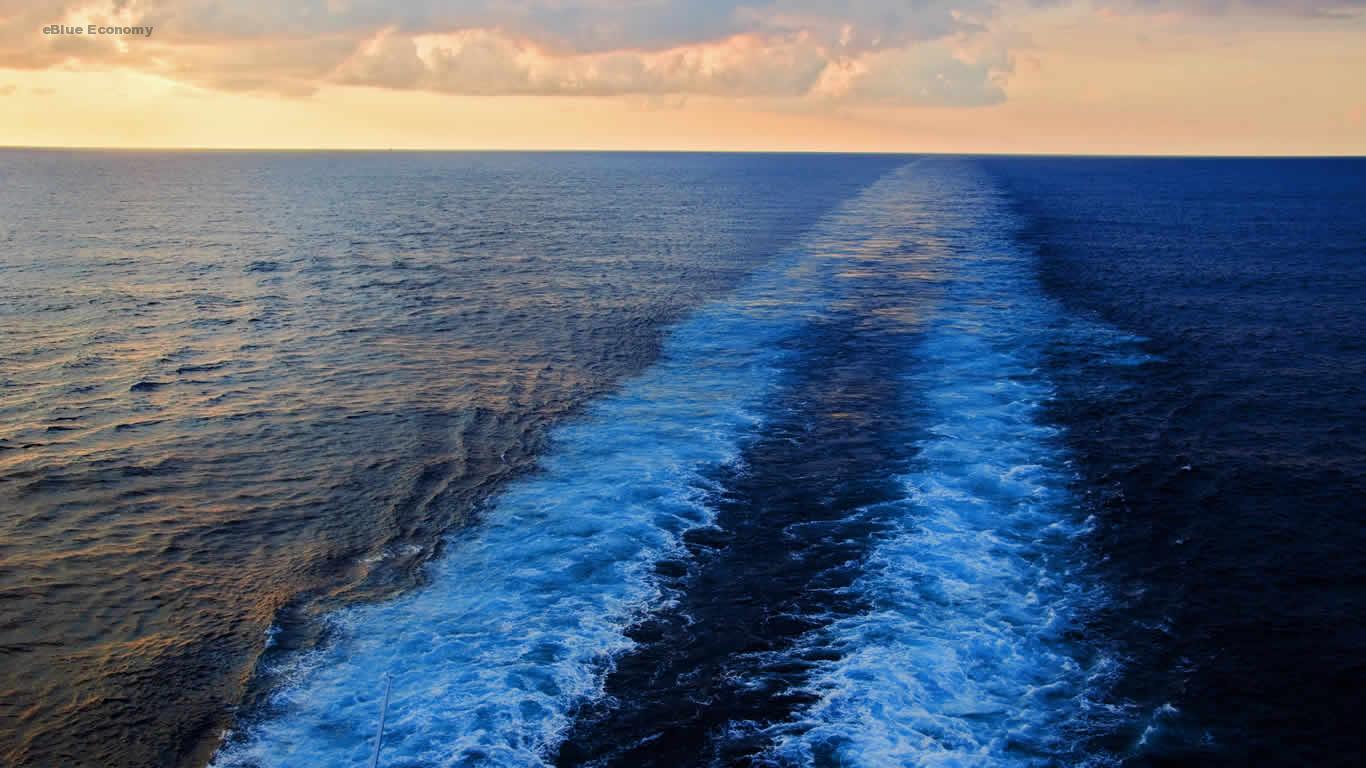Ship traffic decreased overall during 2020, with the cruise industry particularly affected
➢ Imports into the EU from non-EU countries declined by 12.2% over the same period
➢ The share of goods transported by sea in 2020 increased slightly at a global level
EMSA has published its COVID impact press release. The report is based on a comprehensive review of available data, including trade volumes and type, cargo freights, maritime traffic data, and other shipping indicators.
Nearly one in every five ships worldwide sails under a European Union (EU) Member State flag, and the EU accounts for approximately a fifth of all global maritime trade. However, during 2020, overall EU maritime traffic dropped by 10.2% as a result of the COVID-19 pandemic.
A statistical overview performed by the European Maritime Safety Agency (EMSA) reveals cruise ship traffic was the most heavily impacted, with an 86% drop in traffic compared to 2019. However, journeys by vessels like bulk carriers, chemical tankers, container ships, and oil tankers only decreased by approximately 5%.
In addition, EU seaborne trade dropped by 9.3% in 2020, a larger decrease than the global average of 3.6%, and equivalent to a loss of approximately 226 million tonnes of trade handled by EU ports.

Based on a review of customs data, the most significant decline in maritime trade volumes was in imports into the EU from non-EU countries, which fell by 12.2% in 2020. Shipping trade between the EU Member States was also affected by the pandemic, decreasing by 7.1%. Sea-borne exports from the EU to non-EU states experienced a lower decrease of 4.3%.
However, the share of all world trade carried by sea in 2020 increased by three percentage points to 88%, as the effects of the pandemic had a greater impact on other modes of transport like air, road, and rail.
.

The EU Commissioner for Transport, Adina Vălean said: ‘COVID-19 has caused profound disruptions for Europe’s shippers, charterers, shipowners, crews, onshore staff, ports, as well as our broader trading patterns and supply chains. As we focus our efforts on building back better post-pandemic, it is essential for us to have a full picture of the crisis’s impact on strategic industries such as shipping so as to guide our policies and lay the foundations for a full and sustainable recovery















